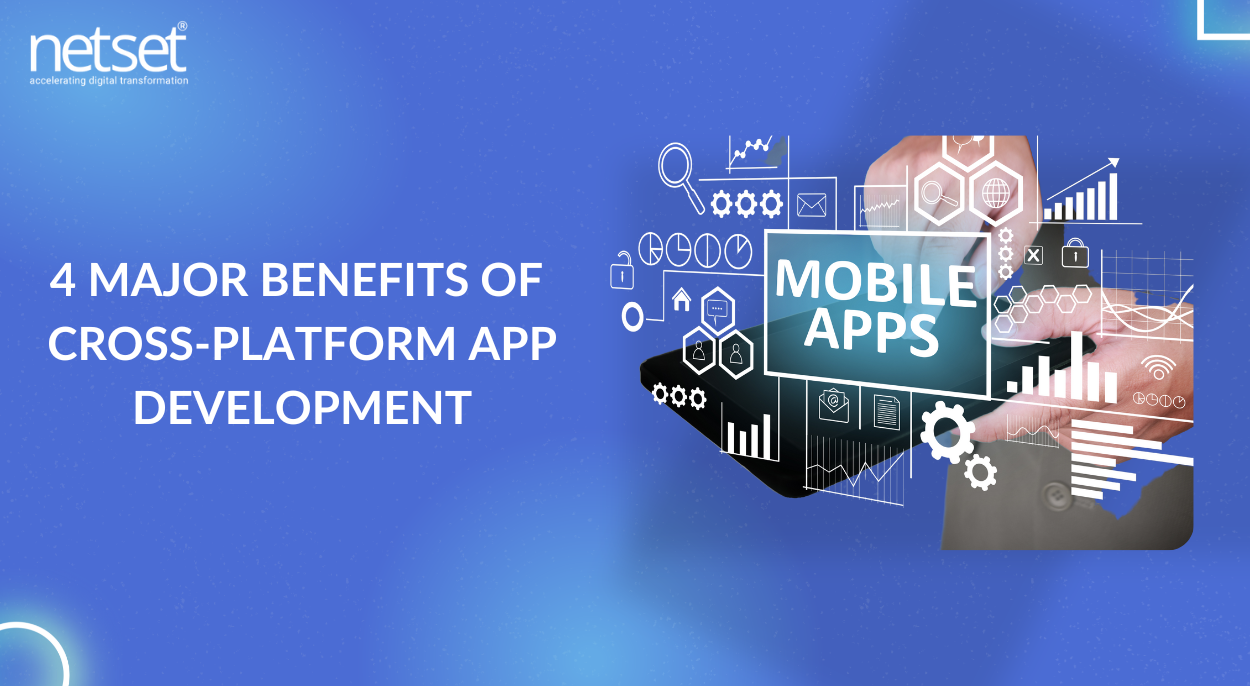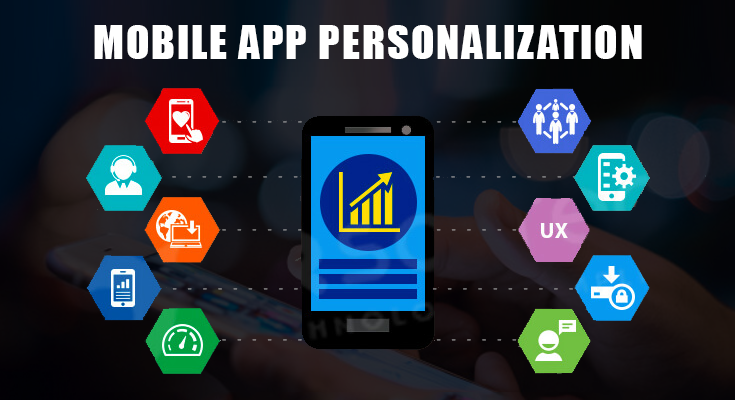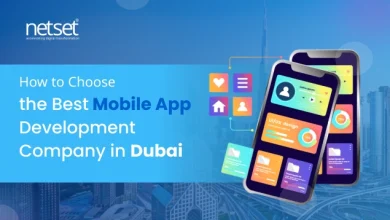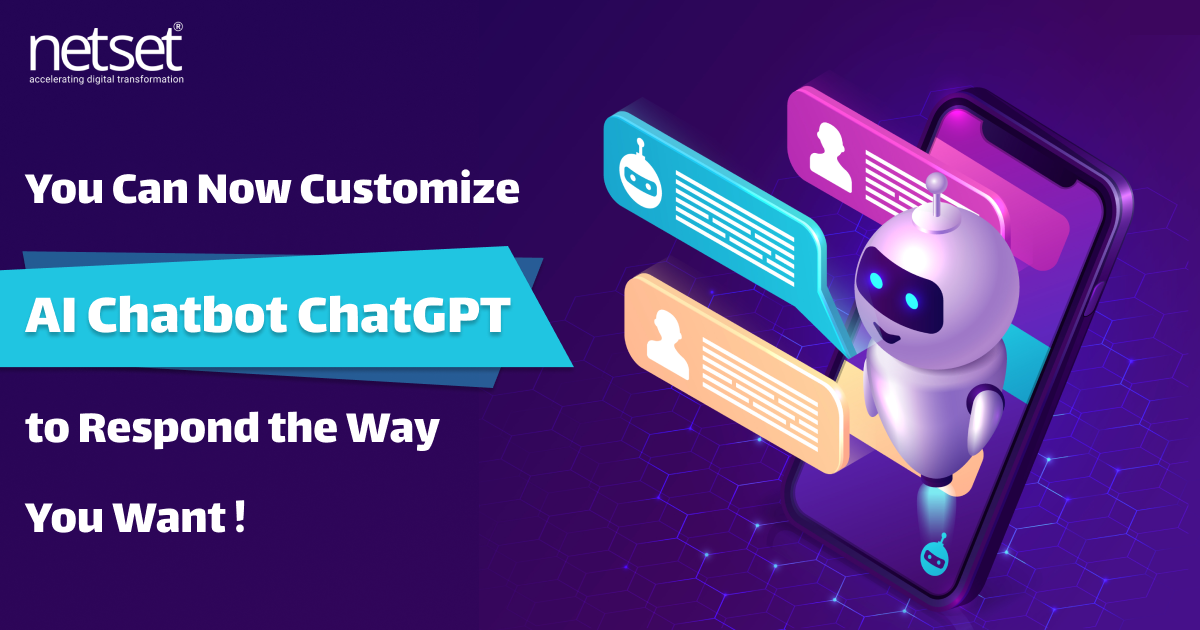How to Use Blockchain in Developing Video Conferencing Apps like Zoom or Google Duo?

When anybody says Blockchain, people usually associate it with Bitcoin, cryptocurrency, etc., unknowingly that this cutting edge technology can be leveraged beyond the realm of finance.
The technology has managed to separate itself from its beginnings and the economic interest generated has made it go beyond the financial services sector, reaching the utilities, transport, commerce, and public sectors, and many more.
“With forecasts to generate 3.1 trillion dollars in commercial value globally by 2030, Blockchain is one of the technologies of the moment.”
Fundamental Functioning of Blockchain:
“Blockchain is based on a decentralized and distributed technology paradigm that allows the exchange of any type of value between participants without the need for intermediaries. The interesting thing about this technology is that you do not need a third party to guarantee what is happening within the network and its participants.”
Source: 101blockchains.com
Blockchain Powering New Era of Communication
Organizations that have been researching blockchain in recent years have now started to launch their systems, taking both customers and competitors with them. Given its potential to accelerate the flow of data and eliminate administrative expenses, blockchain allows to dynamize processes in the same way as to reduce costs.
Blockchain is an emerging technology that eliminates the drawbacks of the available solutions which are unable to figure out security issues. Surprisingly, the most popular app of today, Zoom Video Conferencing has some serious security challenges to face that pose a threat to user’s data privacy.
Mobile development with Blockchain has gained enormous popularity where many top mobile app development companies have invested in developing robust and secure digital solutions for both web and mobile apps, exploring the abundance of blockchain.
With an increasing number of possibilities of developing distinct video chat apps or video conferencing apps, creating a concrete security-proof wall against its vulnerabilities of risks becomes the primary concern in the app development.
#Major Security Issues a Developer has to Deal With
- Weak server-side controls
User and app communication occurs mostly outside the smartphone over a server which becomes the major point for hackers to target
- Data storage lacks security
An app developer usually depends on the client storage for data security; nevertheless, if the storage is not provided a sandbox environment, data can be accessed and manipulated with ease
- Data leaks over insecure locations
Unintended data leaks may occur when the data gets stored in a location on the device and gets prone to unauthorized access. Occurs mainly due to OS bugs or security issues with storage
- Poor authentication or authorization
Weak or no authentication during both offline or online modes opens up the gateway permissions to users as well as hackers that enables them to execute actions, originally to be performed by admins or super-admins
- Client-side injection
The underlying frameworks that bolster mobile apps are the major sites to inject malicious data. They interpret the bad data as existing device data and treat them as executable files.
- Provision of privileges
Privileges expand as the network expands, more the grants given for code access, more is the possibility of disaster
With all these acknowledged, here comes blockchain development, the newest best technology that keeps the potential to overcome all of the security hiccups in mobile app development and gives an upper hand to programmers by eliminating all those aspects that center on the objective of a middlemen/third-party.
#Data Storage & Security Mitigated by Blockchain
NetSet Software draws a baseline empowering blockchain to avoid all the security limitations of a video conferencing app, implementing high-level use cases of blockchain technology that can solve the major concerns of the existing app problems.
Utilizing the concepts and working principles of this robust technology, our blockchain programmers build highly authenticated video apps where data is stored on a single registry, agreed, and distributed over several nodes within the same network.
“Blockchain peer-to-peer networks eliminates intermediaries.”
The basic idea is made easy to follow. A series of elements are stored in each block of the chain:
- A number of valid records or transactions
- Information regarding that block
- The link with the previous block and the next block, called hash and that works as a fingerprint of each block
Source: tutorgram.net
Blockchain is a completely different approach!
A blockchain P2P network is a distributed network that stores and transfers data without any essential single controller. Blockchain technology is built on a P2P concept, having no centralized information of storage that makes data less vulnerable as compared to traditional models.
P2P Networks in blockchain are considered as a huge improvement over the conventional centralized servers and are highly secured for data storage and ownership especially in the public domain.
“We develop enterprise-grade solutions, embedding crypto-based transactions, and featuring peer-to-peer content distribution using platforms like Ethereum, Hyperledger, and Smart Contracts.”
Distributed ledger technologies such as blockchain offer a way to conduct transactions in a secure and verifiable manner without the need for a trusted third party.
As such, it is widely believed that blockchains will significantly impact industries ranging from finance and real estate to public administration, energy and transportation, and many more.
#Video Communication Enhanced by WebRTC
While building a new universe of communication, enabling faster connections, HD images, high-rated video quality, there was a need to provide a hard communication base for offering multiple-functionalities within the app.
Our adroit programmers leveraged the blockchain technology along with WebRTC to build a Web & Native based Video-Conferencing (VC) application that assures high QoS and adds the benefits of Blockchain as a key component that differs from other existing solutions.
A major limitation of all the existing solutions is that all of them are basically leveraging a client-server model that uses a single center controller to handle all operations of streaming, storage, and authentication, like central authority to share and manage information or services.
This model has some serious problems, for example, all the private data stores in one location or gets copied on a few other locations. Next, Data can be compromised by hacking one server and can be prone to intrusions.
WebRTC becomes the first choice of web and app developers as its open-source and provides seamless APIs to integrate within a mobile application:
Significant APIs of WebRTC:
- RTC Peer Connection
Audio/video data transfer made possible with encryption support and access control - Media Stream
You get access to chat from webcam or microphone - RTC Data Channel
A P2P communication network for data generalization is offered.
[Prefer Reading: “The Know-How of Video Chat App Development.”]
Key Technologies Involved to Build a Video Collaboration App
- JavaScript,
- Java,
- Node. js.
- Hyperledger Fabric,
- WebRTC
iOS Video App Technology Stack
Android Video App Technology Stack
Must-Have Features of a Video Conferencing App
A video app must fulfill its intent by performing its basic tasks efficiently without any downtime issues, within a defined interval of time.
- Easy User Registration
- Smooth Profile Creation
- Contacts Management
- Prompt Chat Messaging
- High Definition Audio/Video Calls
- Uninterrupted Group Calls
- Trouble-Free Screen and Desktop Sharing
- Pop Up Notifications
- Cloud Synchronization
- End-to-End Encryption
Business Use-Cases of Video Conferencing Apps
Video conferencing app is another name for instant connection to be made effortlessly for remote communication with peers, clients, customers, and family.
Undoubtedly, a video app (for both web and mobile) is the need of the hour to build a reputation among clients and is a requisite asset for collaboration in the workplace. Check out the business use cases of a real-time video conferencing app:
-Banking and Finance:
Build trusted relationships while saving time and money
-Education:
Bring the world into your classroom with video
-Government and Public Sector:
Reach underserved and remote areas without wasting time or resources
-Health Care:
Extend the reach of health care and access the inaccessible
-Legal:
Enhance client service and case preparations
-Manufacturing:
Streamline operations and expedite production times
-Media and Entertainment:
Showcase your projects in true-to-life 4K quality
Final Consideration
A blockchain software development company can leverage blockchain technology to a great extent, exploring innovative applications beyond the finance sector. One such feasible output is the development of a video-conferencing application.
With a blockchain-powered video communication app, we aim to build and revolutionize a modern communication medium that fits into every possible purpose of real-time conversations done remotely that facilitates one and all.





Attractive element of content. I simply stumbled upon your
blog and in accession capital to say that I get actually enjoyed account your blog posts.
Any way I will be subscribing in your feeds
or even I achievement you access constantly
fast.
Hello there! Do you know if they make any plugins
to protect against hackers? I’m kinda paranoid about losing everything I’ve worked
hard on. Any recommendations?